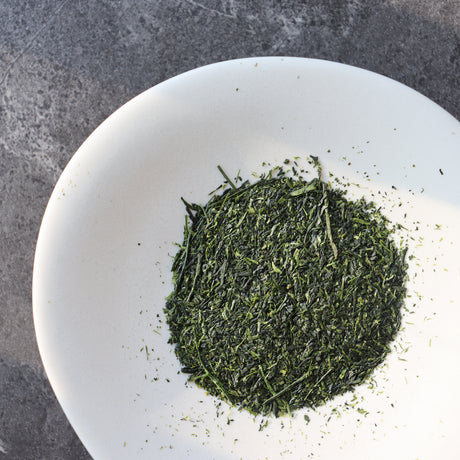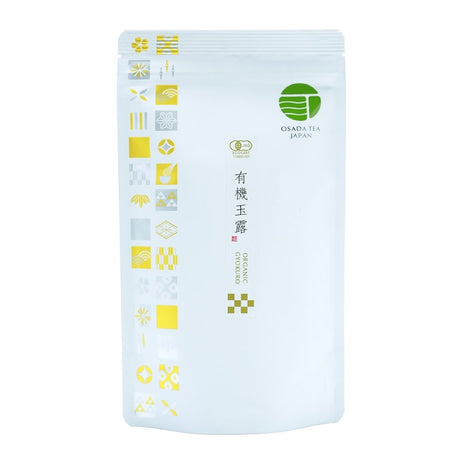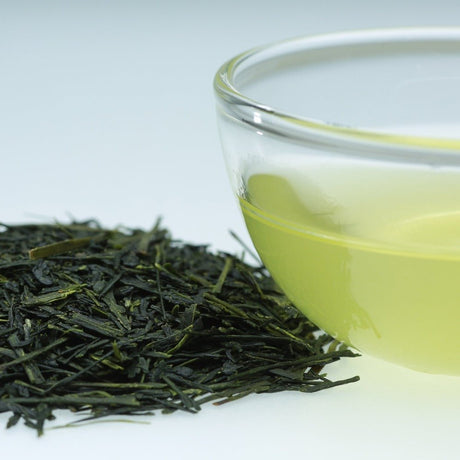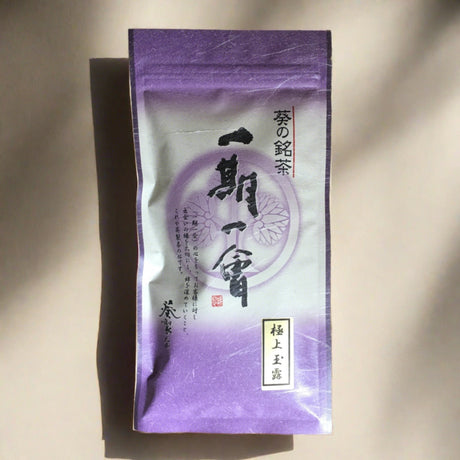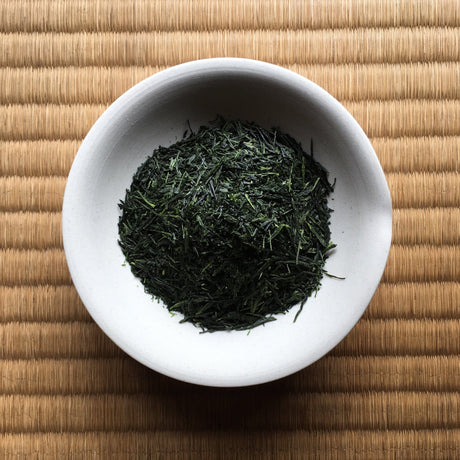- 新着
Kuma Tea Gardens
#0434.F2 球磨茶園 FK031: さえみどり御料山八女煎茶 奥八女上陽茶さえみどり
在庫あり (14個)最安値 JPY ¥5,700単価JPY ¥57 / g在庫切れNishide Tea Factory
#0880.K6 西出茶: 農家勝谷健治さんが自生栽培した宇治田原玉露ほうしゅん 農家勝谷さんの伝統本玉露ほうしゅん
在庫あり (15個)最安値 JPY ¥850単価 /在庫切れChiyonoen Tea Garden
#0263.F2 千代の園: #13 山育ちの八女玉露、遺産級 伝統本玉露 (自然栽培)
在庫わずか (5個)最安値 JPY ¥1,000単価 /在庫切れKuma Tea Gardens
(最終台) #0433.F2 球磨茶園 天下一 天下一 八女茶玉露 さえみどり 遺産級 第71回全日本茶品評会 最優秀賞受賞園
在庫あり (8個)最安値 JPY ¥2,990単価 /在庫切れ



